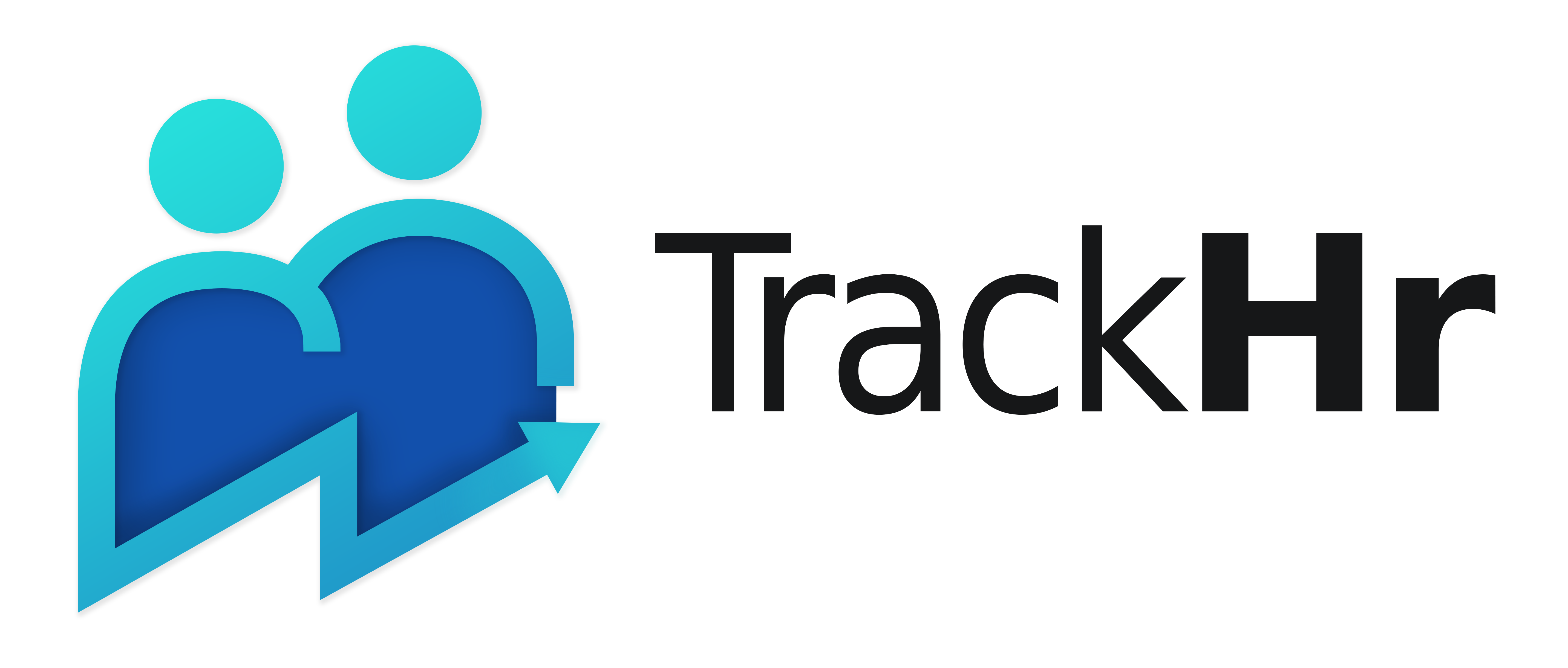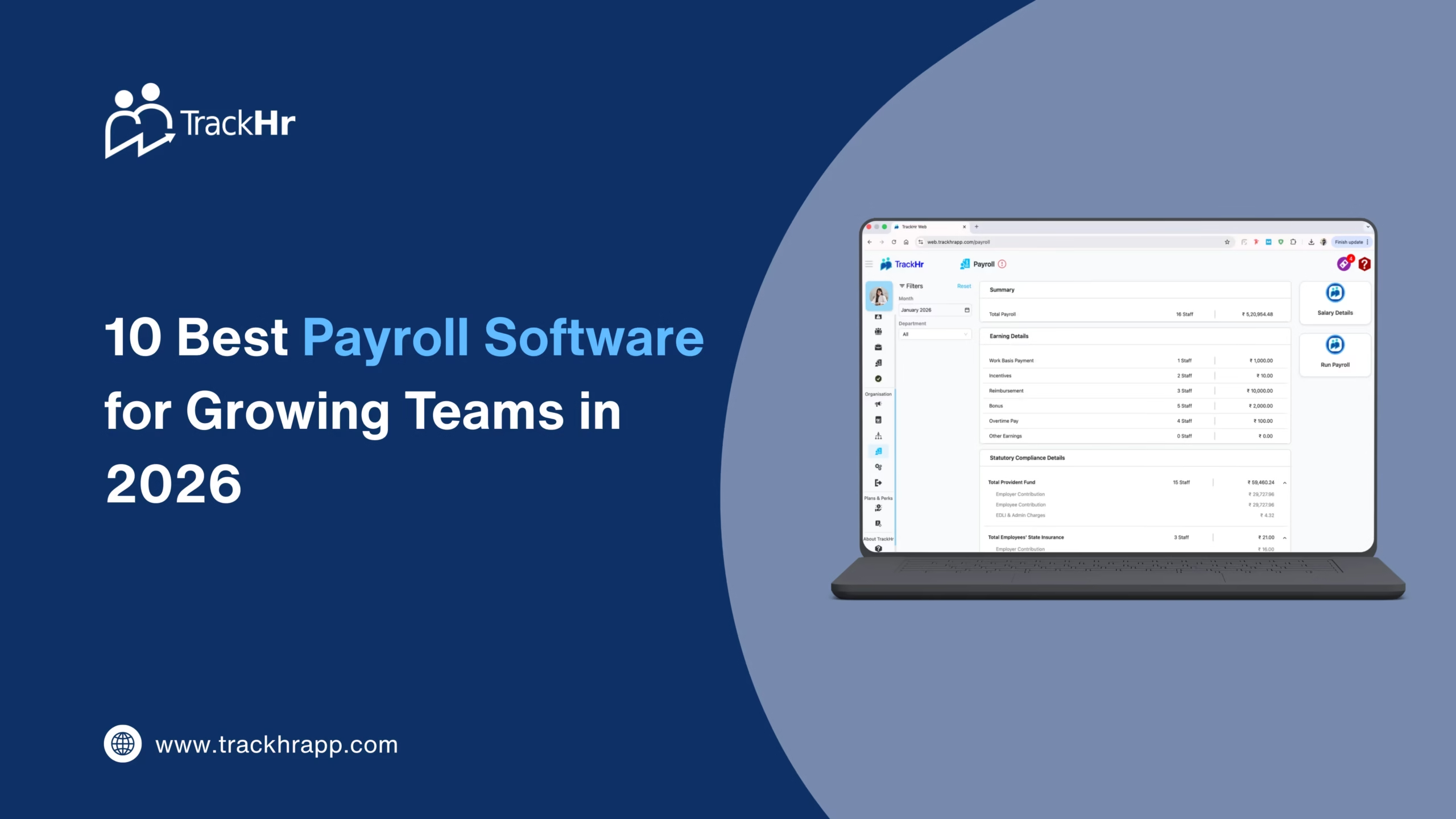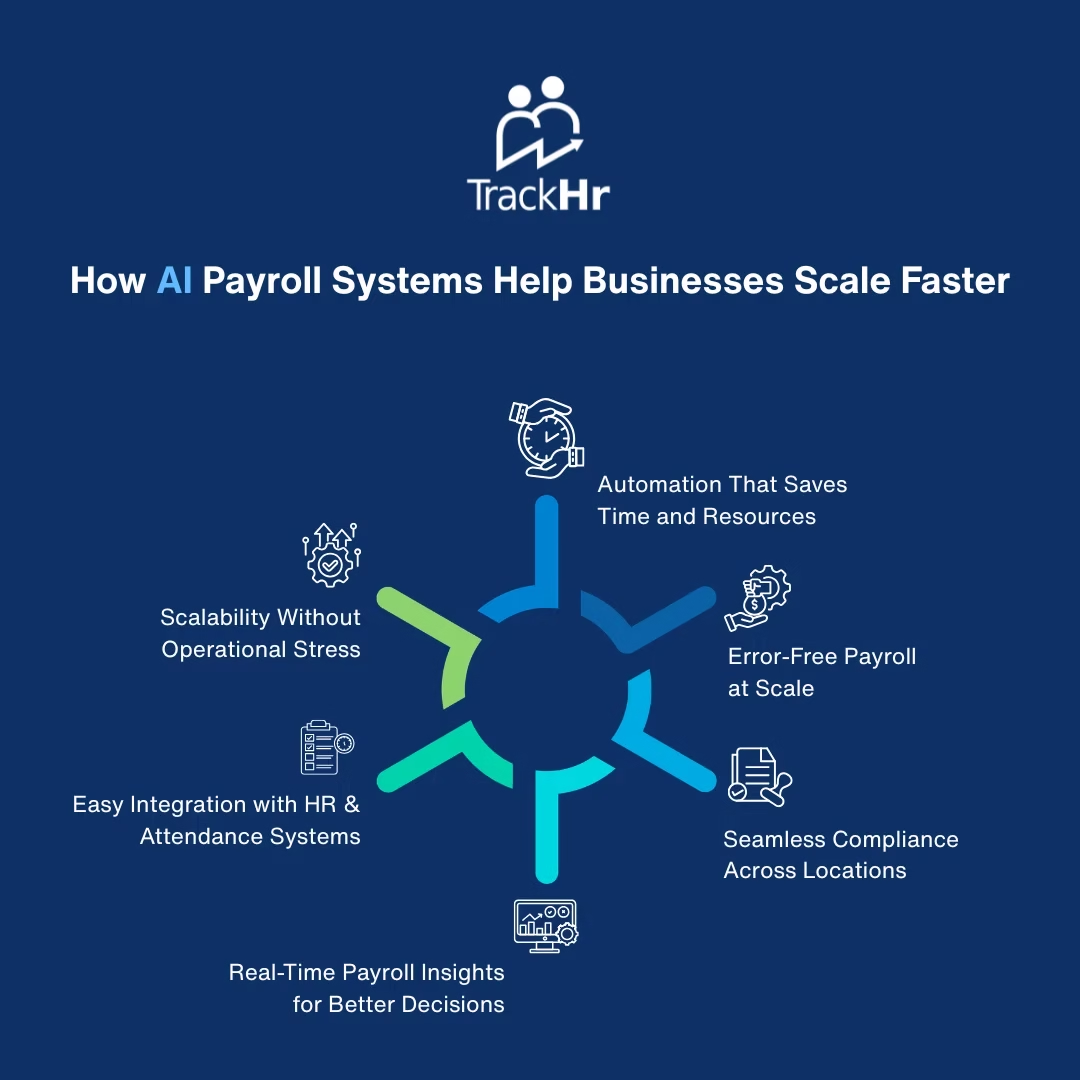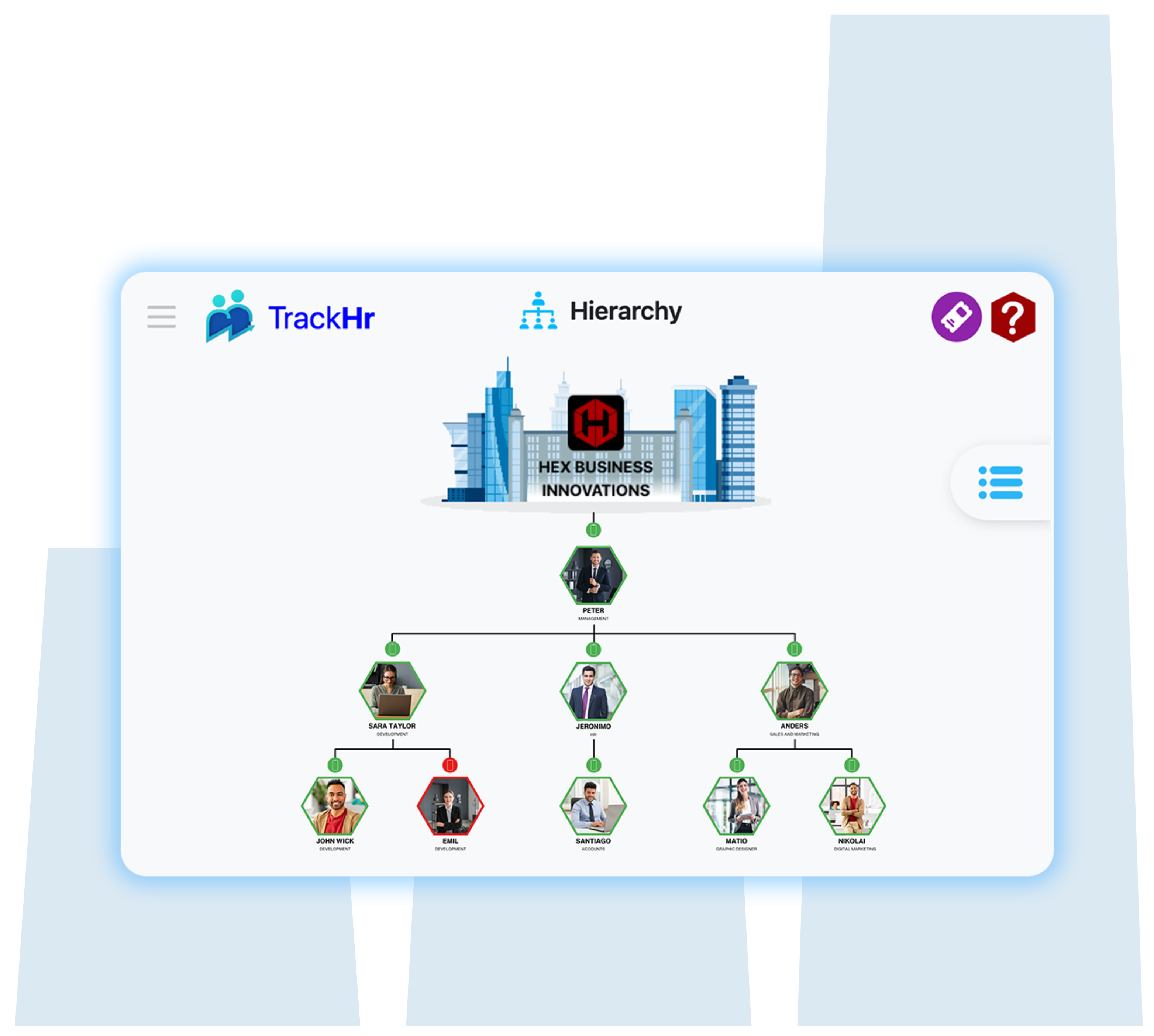Blog
Impact of Automated Shift Management on Employee Satisfaction
- August 5, 2025
- 8:41 am
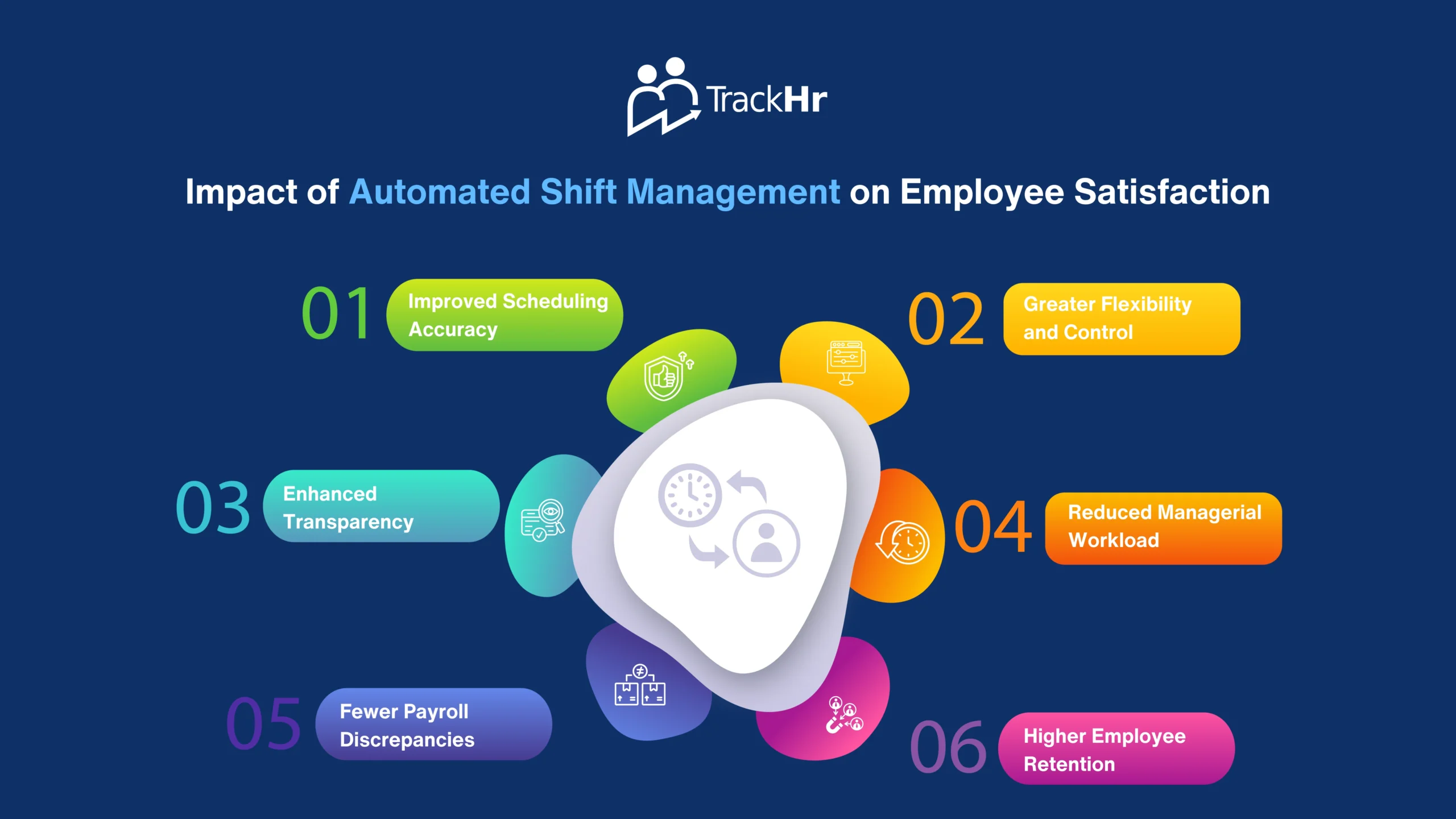
Allowing the shift management process to be tedious and prone to error involves dissatisfaction, confusion, and a high level of employee turnover. Automated shift management systems solve these concerns by making scheduling much more efficient and providing the employees with flexibility and transparency as motivators of workplace happiness.
1. Improved Scheduling Accuracy
Inaccurate or last-minute schedules are one of the main causes of employee frustration. With automated systems, shift planning can be done on time without errors, and this greatly reduces cases of duplicating shifts, missed shifts, or last-minute alternations that alter the lives of employees.
2. Greater Flexibility and Control
Workers in modern society appreciate flexibility. The automated shift management provides a way through which employees can track schedules and request any type of changes and or shifts, as well as even set availability conditions. The result of such control is a work-life balance and work satisfaction.
3. Enhanced Transparency
Employees like to know what is going on. The automated systems provide up-to-date updates, alerts, and authorization, and they eliminate miscommunication. When the employees believe in the scheduling protocol, they become more active and compliant.
4. Reduced Managerial Workload
Shift management is automated so that the responsibility of the HR and supervisors is reduced. This will enable the managers to pay attention to employee growth and morale instead of combating time clash, which will have a positive implication on the team culture.
5. Fewer Payroll Discrepancies
Once schedules are combined with time tracking and payroll, all the cumulative mistakes of estimated attendance and computation of salary are reduced. The workers are also happier when they understand that their working hours can be registered properly and paid.
6. Higher Employee Retention
Employees will also be more willing to remain with the company when they are satisfied. With more trust, consistency, and work-life balance, companies with automated shift management report that their retention rates improve.
Conclusion
Automated shift management has more effects than pure efficiency- it has a direct and positive implication on employee satisfaction, giving way to flexibility, transparency, and trust. Apps, such as TrackHr Shift Management, open up the best practice of implementing smart scheduling, which is easy to build without upsetting employees or managers.
Exhausted from managing performance management manually?
